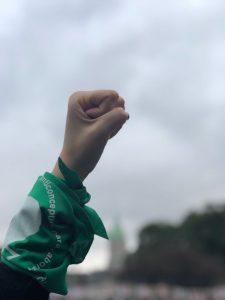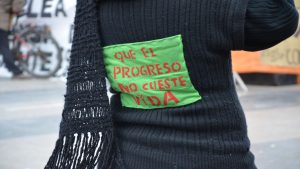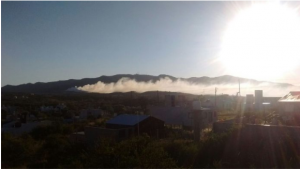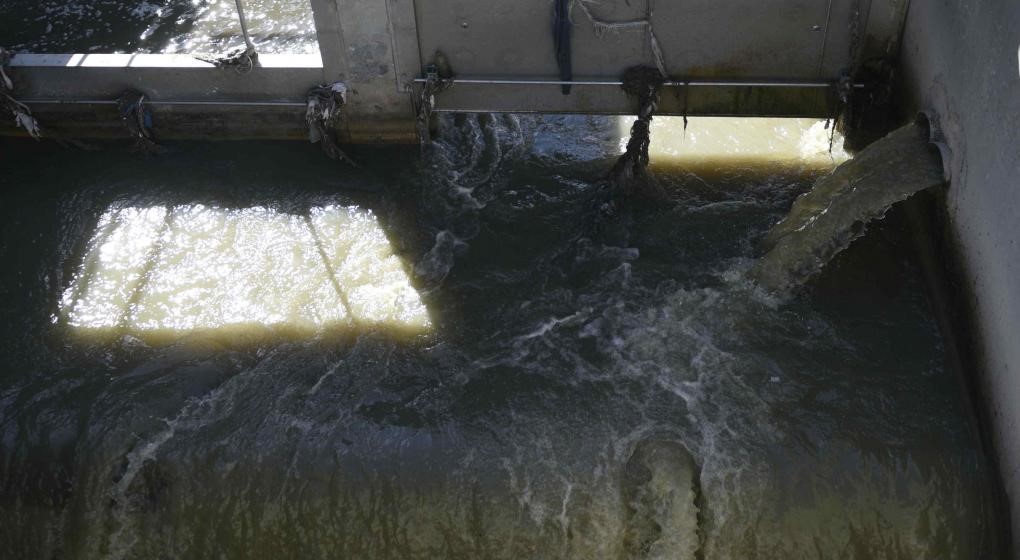Through a letter addressed to the former Ministry of Environment and Sustainable Development and another to the Ministry of Foreign Affairs and Worship, we request the signature and adhesion of the Argentine government to the Escazú Agreement. The agreement will be open for signature from September 27, 2018 and needs 11 countries in the region to sign and ratify to enter into force.
“Below, we offer a google translate version of the original article in Spanish. This translation may not be accurate but serves as a general presentation of the article. For more accurate information, please switch to the Spanish version of the website. In addition, feel free to directly contact in English the person mentioned at the bottom of this article with regards to this topic”
The Escazú Agreement is the “Regional Agreement on Access to Information, Public Participation and Access to Justice in Environmental Matters in Latin America and the Caribbean,” adopted in Escazú, Costa Rica, on March 4, 2018 , by 24 countries in Latin America and the Caribbean, including Argentina. After a negotiation process that formally began in 2012 at the Rio +20 Conference with the Declaration on the Application of Principle 10 of the Rio Declaration on Environment and Development in Latin America and the Caribbean, it was adopted an agreement that seeks to guarantee the effective implementation of access rights: access to information, public participation and access to justice in environmental matters. It will be open for signature by the 33 countries of Latin America and the Caribbean at the United Nations headquarters in New York, from September 27, 2018 to September 26, 2020, and will be subject to subsequent ratification, acceptance or approval of the States that have signed it. At least 11 countries must sign and ratify it so that it can enter into force. In order to achieve the entry into force of the Escazú Agreement, we presented a letter addressed to the former Minister of Environment and Sustainable Development, Rabbi Sergio Bergman, and another letter to the Minister of Foreign Affairs and Worship, Jorge Marcelo Faurie, requesting the signature and adhesion of the Argentine government to the regional agreement. At the same time, we urge you to support the efforts of the governments and civil society organizations of Latin America and the Caribbean to invite the other governments of the region to sign this important treaty. In the letter addressed to the national authorities we highlighted the importance of the regional agreement since it is the first treaty on environmental issues in Latin America and the Caribbean, as well as the first in the world to guarantee the protection and safety of people, groups and organizations defending human rights in environmental matters. We hope that Argentina, as well as the other countries of the region, will sign and ratify the regional agreement on Principle 10. In this way we will have an international instrument to reaffirm the right of all people to a healthy environment and sustainable development, the fight against inequality and discrimination, as well as ensuring the participation of citizens in decisions that affect their lives and environment.
More Information:
Writer: Ananda Lavayen
Coctact:
María Pérez Alsina: mariaperezalsina@fundeps.org






